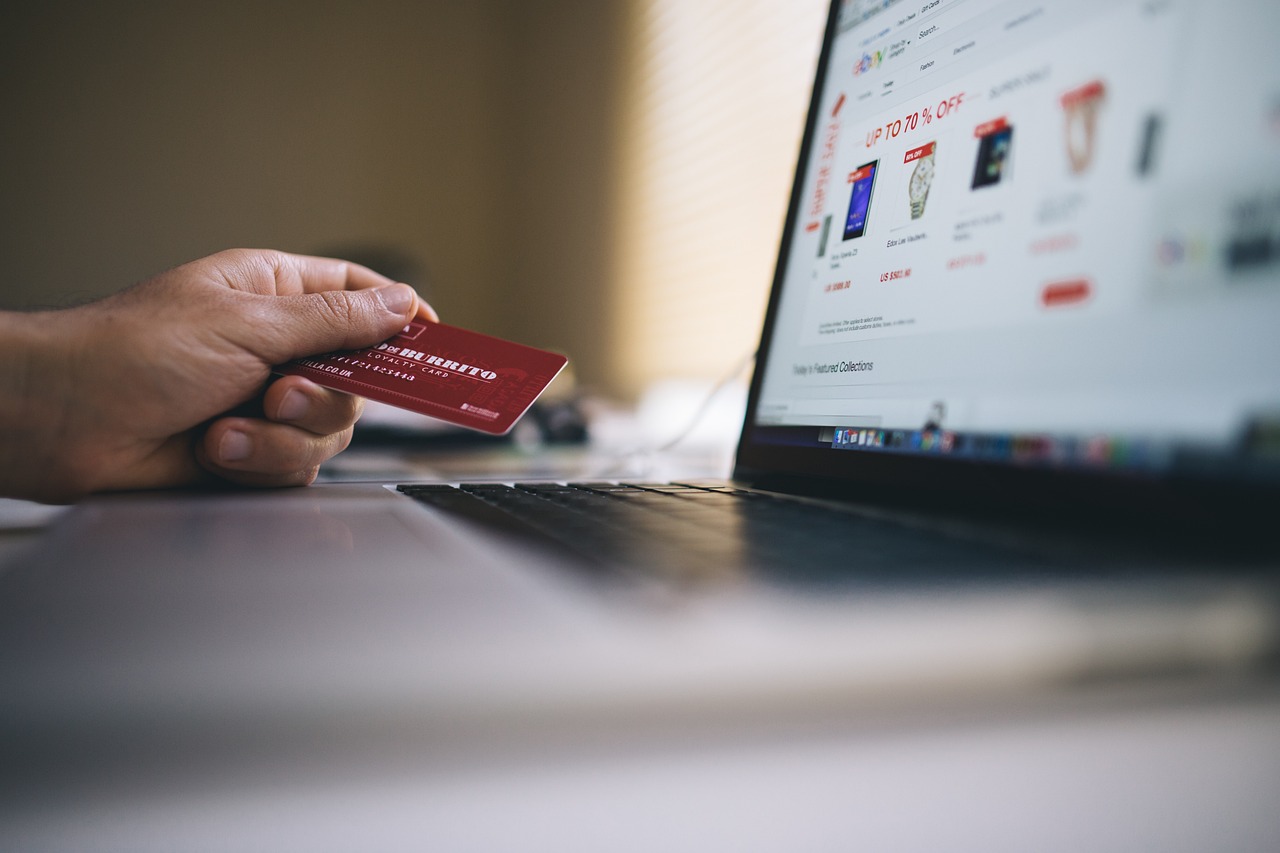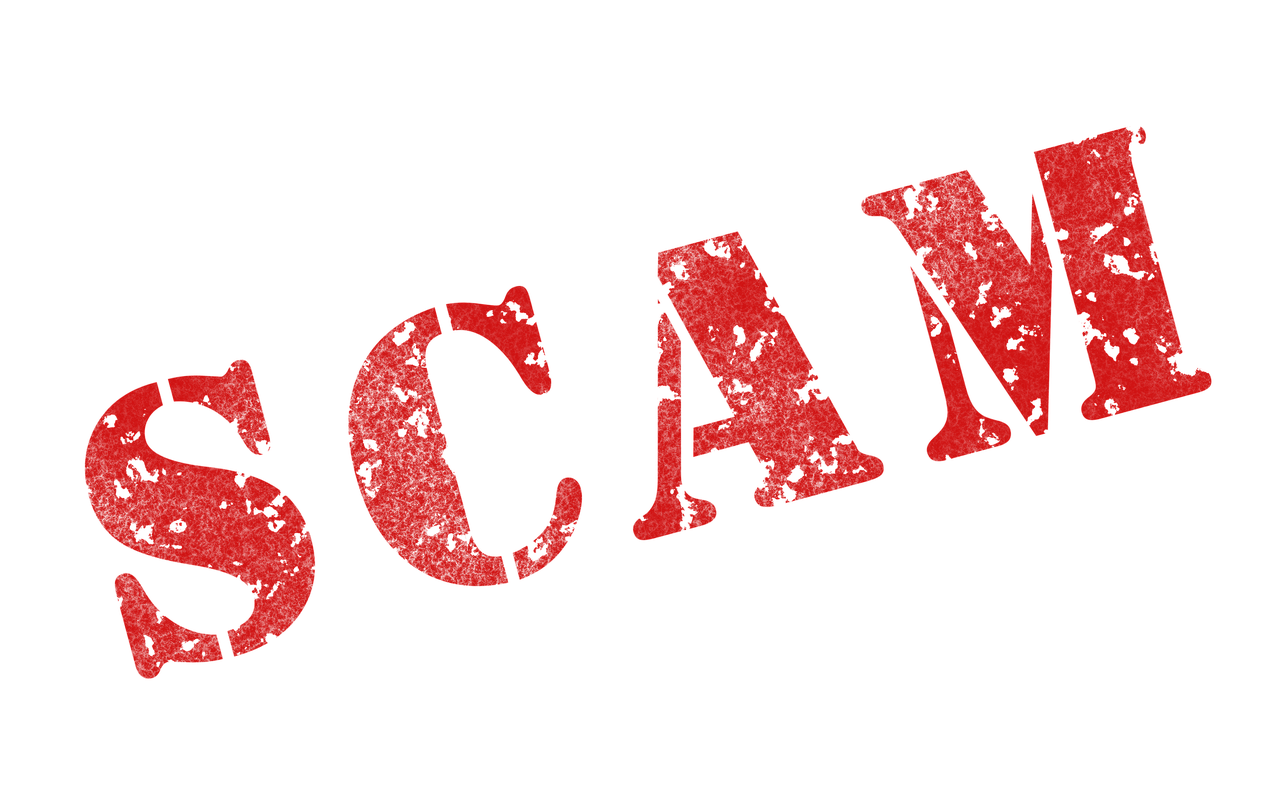
The holiday season is a time for joy, celebration and giving. But with the Christmas rush in full swing, it can also be a time when opportunistic scammers prey on the goodwill and busy schedules of residents.
To help keep families safe and finances secure, please see the essential tips below to help protect you from scams, both online and in person, this Christmas.
Buying Toys
- Buy from trusted retailers: Stick to well-known, reputable UK retailers, whether shopping in-store or online, to ensure products meet safety standards.
- Look for safety markings: Ensure toys have UKCA or CE markings, showing they meet UK or EU safety regulations.
- Question unusually low prices: Be cautious if a toy is priced much lower than elsewhere, this could indicate it’s a counterfeit or unsafe product.
- Avoid small parts for young children: Small parts can be a choking hazard, particularly for children under three years old.
- Check age suitability: Make sure the toy is appropriate for the child’s age.
- Stay updated on recalls: Regularly check for product recalls to avoid unsafe toys. Visit UK Product Recalls and Alerts for the latest information.
Buying E-Bikes and E-Scooters
- Buy from reputable sellers: Only purchase e-bikes and e-scooters from trusted UK retailers who follow safety standards.
- Check for safety certifications: Ensure the product complies with battery and electrical safety standards.
- Avoid unbranded accessories and incompatible chargers: Do not purchase non-branded or incompatible chargers or batteries, as these can pose significant fire and safety risks.
- Follow charging guidance: Always follow the manufacturer’s instructions for charging and never leave devices charging unattended or overnight.
- Understand the legal use: Be aware that most e-scooters are only legal on private land unless part of an official rental scheme.
- Store and charge safely: Charge devices in well-ventilated areas, away from flammable materials, and keep them out of extreme temperatures.
In the UK, e-bikes that exceed the legal limits—more than 250 watts of power or speeds over 15.5 mph (25 km/h)—cannot be ridden on public roads unless they are fully licensed. For bikes that exceed these limits, riders need to obtain the appropriate licensing, insurance, and registration, as they would then be considered electric motor vehicles. This includes meeting the legal requirements for both the bike itself and the rider.
For more advice on reducing risks associated with lithium batteries in e-bikes and e-scooters, visit the London Fire Brigade’s #ChargeSafe campaign: The Dangers of Electric Scooter and Electric Bicycle Batteries.
Councillor Amar Virdee, Cabinet Member for Housing Needs, Homelessness, Private Rented Sector, Community Safety and Crime, said: “In the run up to the holiday season and Christmas, particularly with the ongoing cost of living challenges, we urge residents to be 'savvy shoppers' and resist deals that seem 'too good to be true'. Counterfeit products and unsafe goods can often be tempting, but they come with significant risks. It’s crucial to buy from trusted sources to protect yourself and your family.
“Purchasing items from unfamiliar retailers or websites can be risky, as many of these goods are poor-quality imitations or even unsafe. Newham Trading Standards is particularly concerned about the dangers of suspiciously cheap toys, which are often made from unsafe materials, putting children at risk of poisoning, choking or even strangulation”.
Cost of Living
Residents are being strongly urged to avoid turning to loan sharks if finances are a challenge. There is a wealth of advice and support available, visit the Newham Council website at: www.newham.gov.uk/council/cost-living-response; or use the Our Newham Money Service for expert guidance. You can also visit Stop Loan Sharks for more support and advice.
Scams

Christmas is a prime time for fraudsters, with many people shopping online for gifts, food, and services. In 2023, fraud in the UK rose dramatically, with reported cases reaching £2.3 billion, a 104% increase from the previous year. This makes it even more important to recognise potential scams and protect yourself from fraud.
How to Protect Yourself from Scams
- DON’T share your personal or financial details with anyone you don’t know or trust.
- CHECK for signs of fraud, such as misspelled names, unusual language, or unfamiliar senders.
- ASK a trusted friend or family member if you’re unsure about any communication you’ve received.
Need Advice or Help?
- If you suspect a scam or need guidance, contact the Citizens Advice Consumer Helpline. They offer advice, signposting, and will escalate criminal matters to the Trading Standards team.
- Contact Citizens Advice Consumer Service: Visit Citizens Advice Consumer Helpline or call 0808 223 1133.
